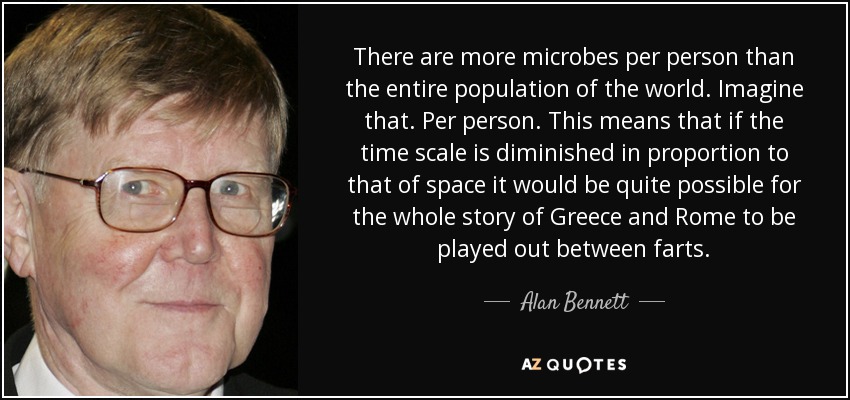There are more microbes on one person s hand than there are people on the planet

There are more microbes on one person’s hand than there are people on the planet.

Microbes are tiny living organisms that exist all around us. They are present in the air we breathe, the food we eat, and even on our own bodies. In fact, there are more microbes on one person’s hand than there are people on the entire planet. This fact highlights the incredible diversity and abundance of these microscopic beings.
Microbes, particularly bacteria, are known to be the oldest form of life on Earth. They have been thriving for billions of years and have evolved to adapt and survive in almost every environment imaginable. From the depths of the ocean to the highest mountains, microbes can be found everywhere. While many microbes are harmless or even beneficial to humans, some can cause diseases and infections.
Every inch of our body is covered with millions of microbes. These microorganisms play important roles in maintaining our overall health. For example, the microbes present on our skin help create a protective barrier against harmful pathogens. They also contribute to the breakdown of sweat and oil, keeping our skin moist and healthy. Similarly, the microbes residing in our gut aid in digestion and play a crucial role in our immune system.
While it may be unsettling to think about the number of microbes present on our hands, it is important to remember that not all of them are harmful. In fact, our hands harbor a diverse community of bacteria that is unique to each individual. The microbes on our hands reflect our personal environment, lifestyle, and even our genetic makeup.
Maintaining good hand hygiene is essential in minimizing the spread of harmful bacteria and preventing infections. Regularly washing our hands with soap and water or using hand sanitizers helps remove dirt, oils, and a significant portion of the microbes present on our hands. This simple practice significantly reduces the risk of spreading infections, especially in healthcare settings.
Taking care of our microbiome, the collective term for the microorganisms living on and in our bodies, is becoming increasingly important in maintaining overall health. Research suggests that disruptions in our microbiome can be linked to a range of conditions, including obesity, allergies, and mental health disorders. By understanding the complexity of our microbiome, scientists aim to develop new therapies and interventions that target specific microbiota to improve our health and well-being.

In conclusion, the human body is teeming with microorganisms, with more microbes on one person’s hand than there are people on the planet. These microscopic organisms play essential roles in our environment and our bodies, influencing our health in ways we are only just beginning to understand. By staying informed about the microbial world and practicing good hygiene, we can ensure that the interactions between ourselves and these tiny organisms remain beneficial while minimizing any potential risks they may pose.
Share
Related Posts
Quick Links
Legal Stuff

